- For Enquiry- 0120-2350053 || +91 9650608473 || +91 9650795306
- enquiry@netsolwater.com
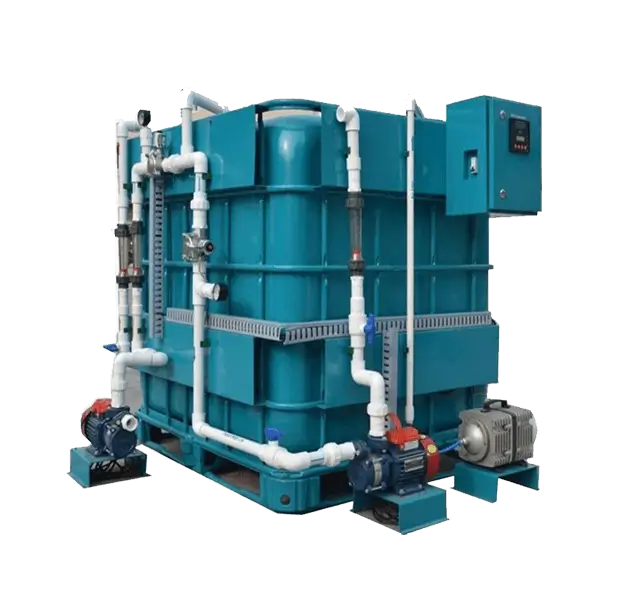
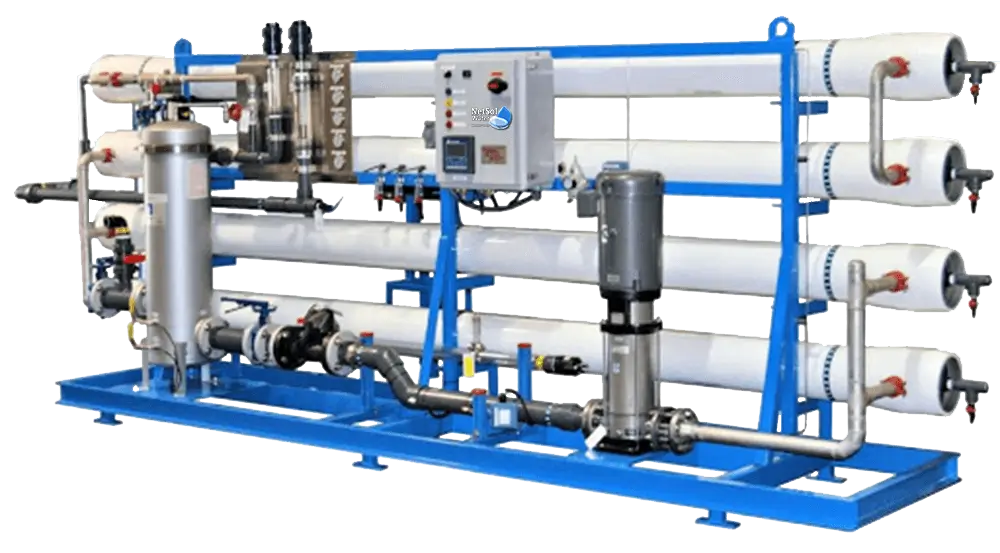
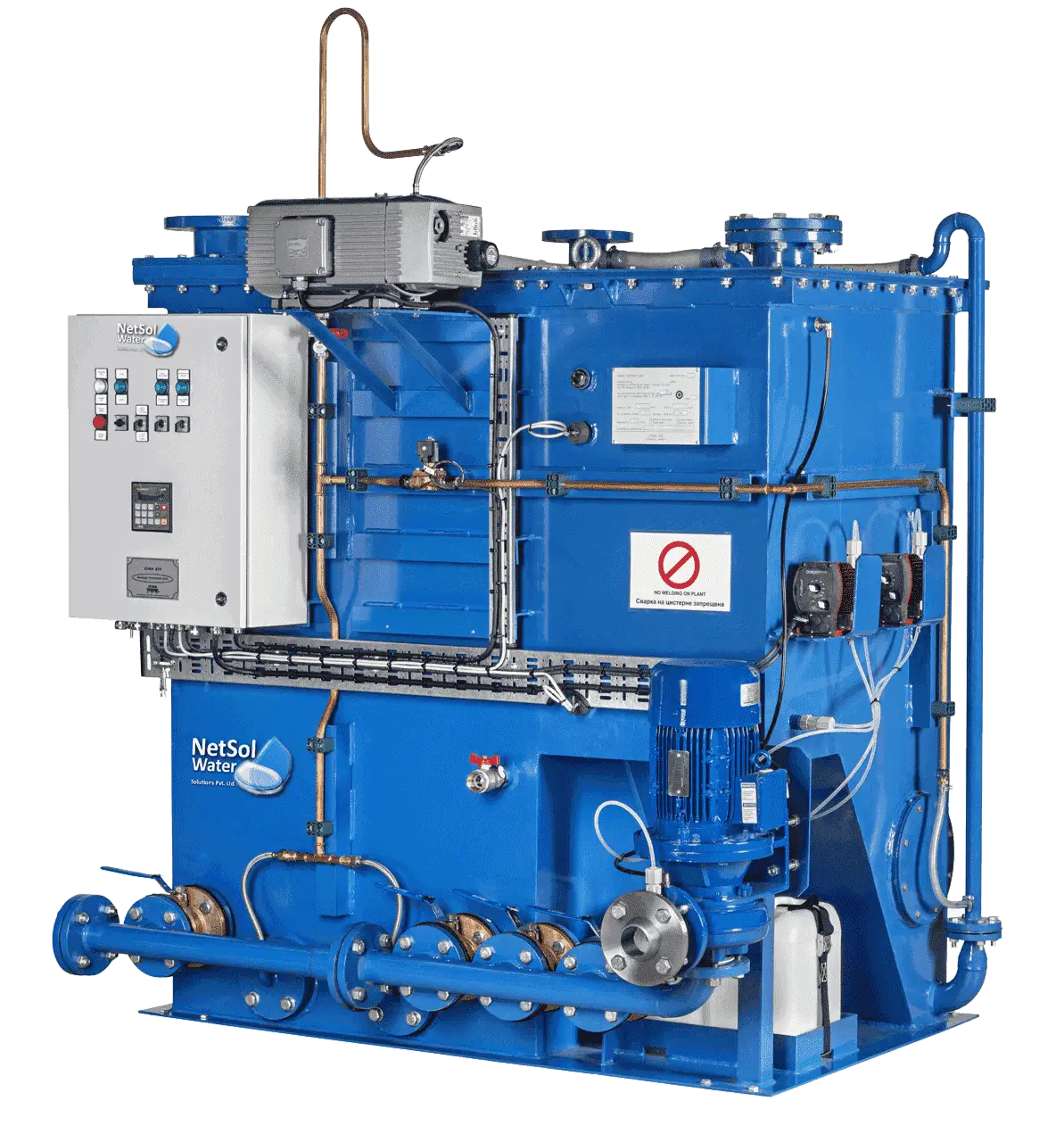
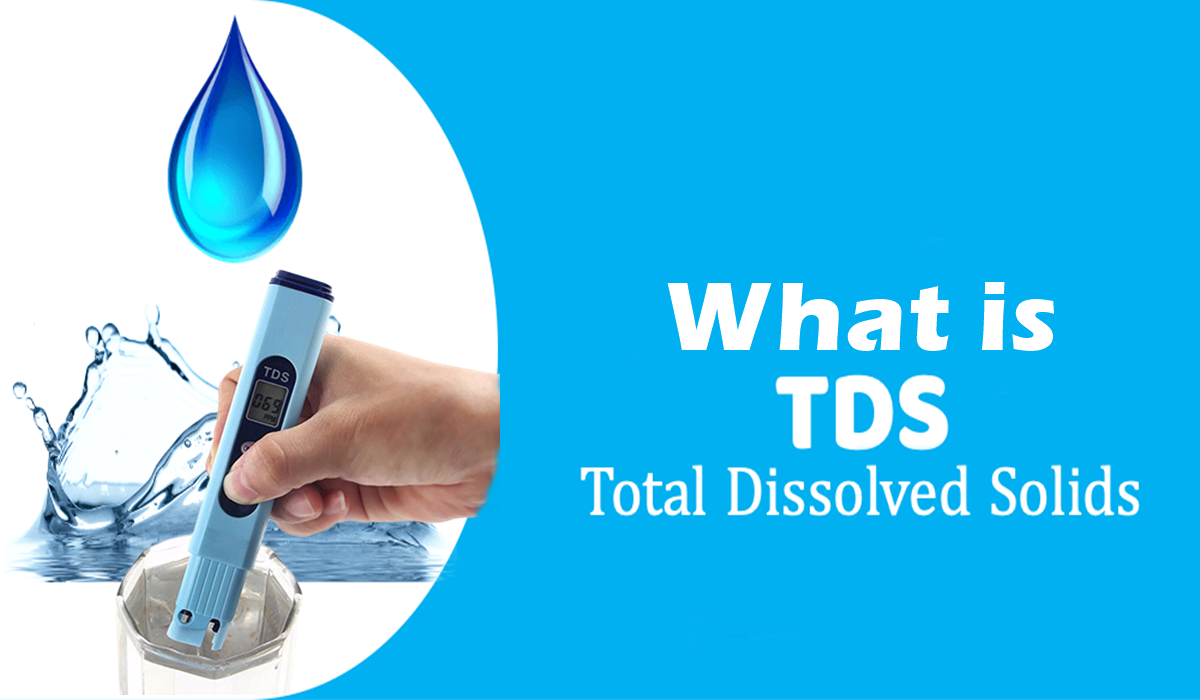
TDS in drinking water is a commonly know term. TDS is short form of Total Dissolved Solids in Water. It is the term, use to describe small amount of organic matter and the inorganic salts present in water.
The main ingredients of water are usually- magnesium, calcium, chloride, sulfate, sodium, potassium cationsm (Cations are positively charged ions), carbonate, and hydrogen-carbonate, and nitrate anions (Anions are negatively charged ions).
In water TDS Supplies is originated from different natural sources, sewage, agricultural run-off, urban, and industrial wastewater. High TDS Level(>500 mg/liter) may affect many applications like as excessive scaling in water pipes, water heaters, water boilers, and many other house hold appliances such as kettles and stream irons. Such impact of hard water shortens the service and life of appliances used at home of Industrial purposes. There the application of water softener is introduced.
Do You Have Idea about water softener and RO Plant? Please go through this amazing article - Difference between Water Softener Plant and Reverse Osmosis systems. By reading it full you will able to know about water softener and RO Plants.
It is very much important to drink water loaded with best TDS. It changes the mineral content of water, which is important to human and animals. Bad TDS water can impact bad on skin, internal organs of human body and animals, increases temperature of water and many other negative impacts.
For maintaining and generating the best quality Total dissolved solids (TDS) water the role of Commercial RO Plant is introduced, which is used to purify the water for human drinking, or industrial purposes.
-Level-in-Drinking-Water-NetsolWaterSolutions.jpg)
It is very interesting and commonly asked term of drinking water for human that what TDS is best for drinking water? Typically Total Dissolved solids (TDS) Level, between 50 – 150 PPM is consider most acceptable and best for drinking to humans. If the water TDS level is about 1000 PPM, it is considered unsafe for human consumptions.
|
TDS in Water (measured in PPM) |
Suitability for Drinking Water |
|
Between 50-150 |
Excellent for drinking |
|
150-250 |
Good |
|
250-300 |
Fair |
|
300-500 |
Poor, not good for drinking |
|
Above 1200 |
Unacceptable |
There is no scientific data is available till now, which clearly demonstrate the drinking low TDS water by human can lead to harmful effect or any other problem on human body. But the fact is that if Total Dissolved solid in water is low mean some important ingredient of water is missing or low, which can possibly impact to a human is he consume same water on a regular basis.
Water Quality for drinking to human can affect the source of mineral and other positive primary constituents which are needed by body from drinking water.
There is no information present that High TDS results health risk. However, high TDS can have constituents such as nitrate, arsenic, aluminum, copper, or lead, could present health risks. Elevated TDS levels can indicate corrosive water. If drinking water has high corrosivity, it will often contain high amounts of chloride, iron, copper, manganese, or zinc.
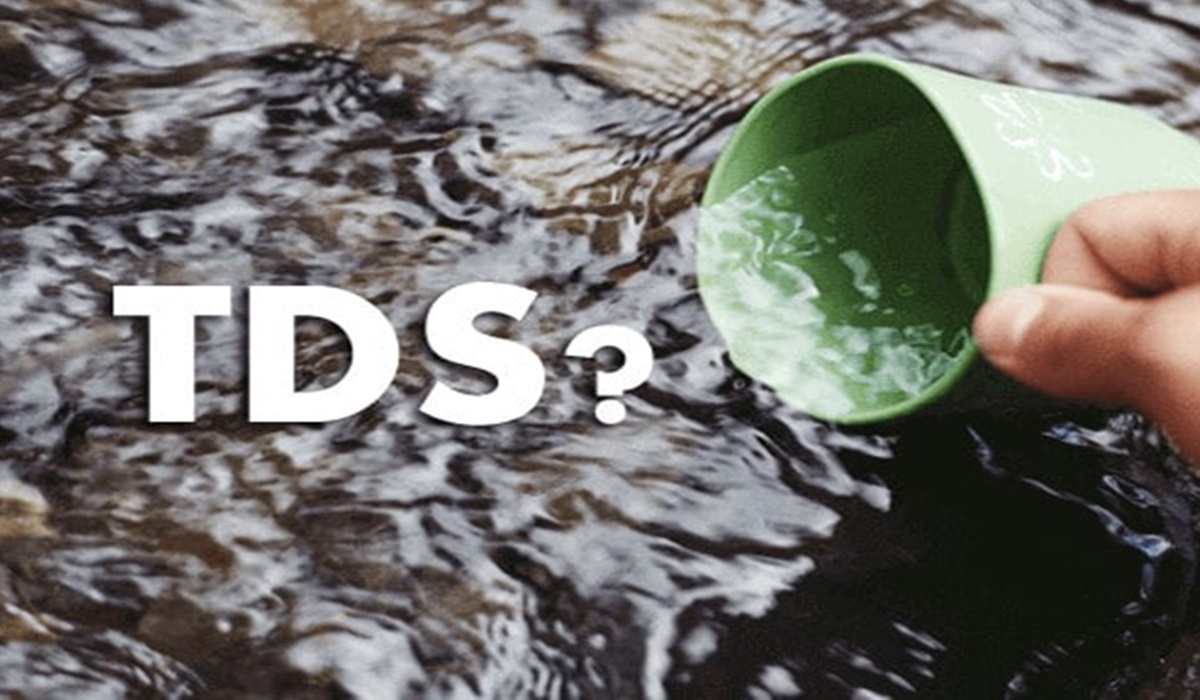
Are you aware of your water TDS? Is it too high, high TDS level of water is caused by different types of objects present in water such as potassium, sodium, and chloride. These ions have small or not a short term effects but that toxic ion (like: arsenic, nitrate and others dissolved in water) may negative impact or harmful for organs and human body.
We Netsol Water Solutions, is India’s fastest growing and leading Commercial RO Plant Manufacturer, Industrial RO Plant Manufacturer as well as Sewage Treatment Plant and Effluent Treatment Plant. Our products are specially appreciated by leading industry in Delhi- NCR, India, and customers. If you have any inquiry call on +91-9650608473 or write email on enquiry@netsolwater.com.

